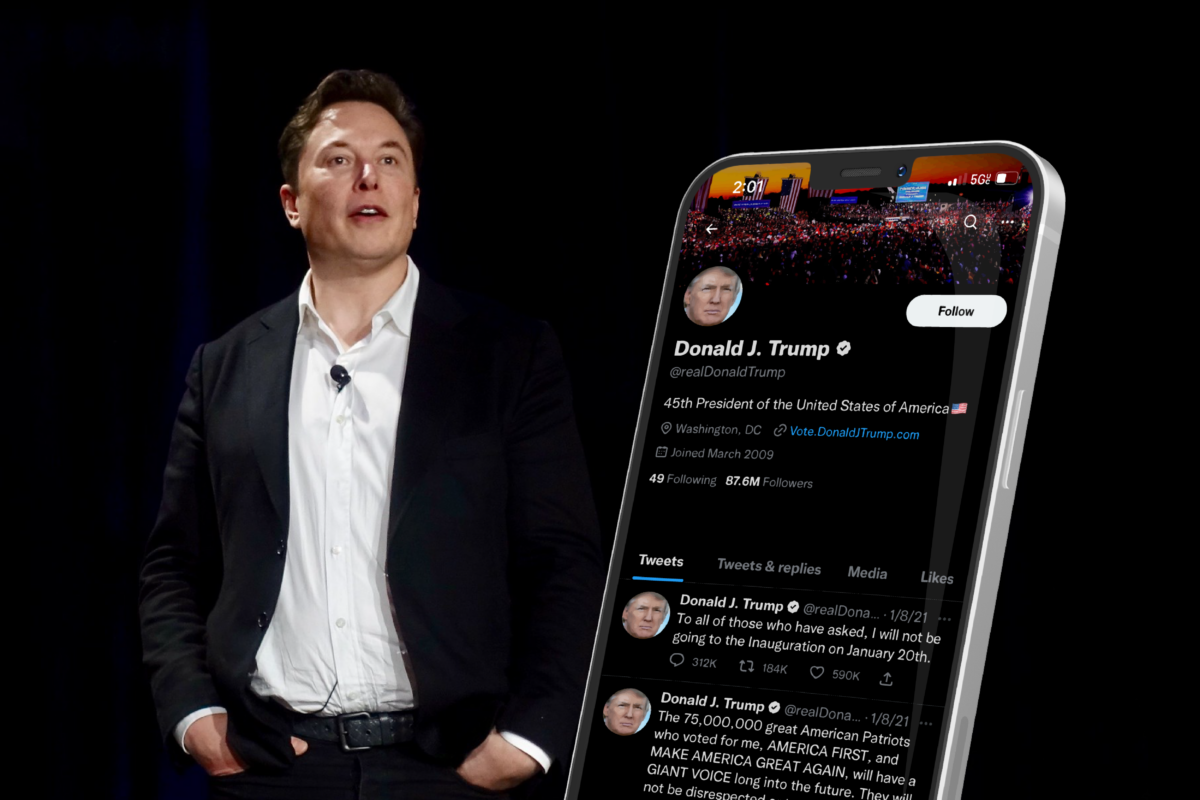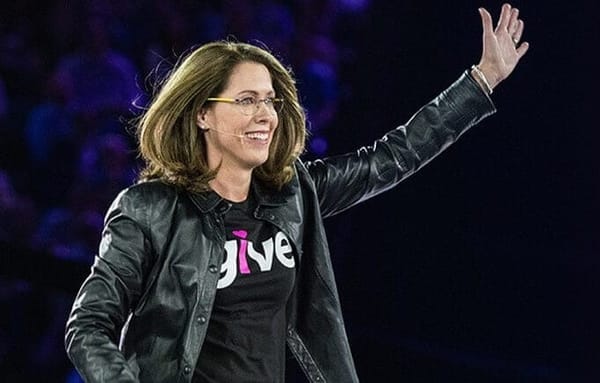Trump’s Twitter Account Reinstated as Truth Social Gets Merger Extension
The merger, delayed by a federal probe, has left Truth Social without expected funding.

WASHINGTON, November 22, 2022 — Digital World Acquisition Corp. shareholders voted Tuesday to extend the Dec. 8 deadline for its merger with Truth Social, giving the platform a chance at survival as it faces financial and legal challenges.
The right-wing alternative social media platform championed by former President Donald Trump is currently under federal investigation for potential securities violations, which has delayed the merger and forced Truth Social to operate without $1.3 billion in expected funding.
The DWAC vote was delayed six times in order to raise the necessary support, with the company noting in a securities filing that it would be “forced to liquidate” if the vote was unsuccessful. Private investors have already withdrawn millions in funding.
Trump indicated on Truth Social in September that he was prepared to find alternative funding. “SEC trying to hurt company doing financing (SPAC),” he wrote. “Who knows? In any event, I don’t need financing, ‘I’m really rich!’ Private company anyone???”
Trump’s potential return to Twitter poses another risk for Truth Social
Meanwhile, under the new leadership of Elon Musk, Twitter reinstated Trump’s account, which was banned after then-Twitter executives alleged he stoked the January 6 riot at the Capitol. The reinstatement was made official after Musk asked in a public Twitter poll — which received around 15 million votes — whether he should allow the controversial former president back on the platform.
Trump’s potential return to Twitter could undermine Truth Social’s primary attraction, which could be another blow to the fledgling platform.
On Truth Social, the former president encouraged his followers to vote in the poll while indicating that he would not return to Twitter. But with 87 million followers on Twitter and fewer than 5 million on Truth Social, Trump may be tempted to make use of his newly reinstated account despite statements to the contrary, particularly in light of the official announcement of his 2024 presidential campaign.
The campaign could also allow him to bypass his agreement to first post all social media messages to Truth Social and wait six hours before sharing to other platforms. The agreement makes a specific exception for political messaging and fundraising, according to an SEC filing.
Musk’s decision to bring back Trump was one of many controversial decisions he’s made in his short tenure at the social media company — including a number of high-profile firings and the reinstatement of multiple formerly-banned accounts — which has led several major advertisers to pause spending.
Musk tweeted in October that he would convene a “content moderation council with widely diverse viewpoints” before making any “major content decisions or account reinstatements.” No such council has been publicly announced, and the Tweet appeared to have been deleted as of Tuesday.
Ye returns to Twitter while details of Parler acquisition remain uncertain
Trump’s reinstatement seems to have motivated at least one controversial figure to return to Twitter: Ye, formerly Kanye West, whose account was restricted in October after tweeting that he would go “death con 3 on JEWISH PEOPLE.” The restrictions were lifted prior to Musk’s acquisition of Twitter, but the rapper remained silent on the platform until Nov. 20.
“Testing Testing Seeing if my Twitter is unblocked,” he posted.
Right-wing social media platform Parler announced in October that Ye had agreed to purchase the company. Completion of the acquisition is expected by the end of December, but further details, including financial terms, have yet to be announced.
Twitter draws legislative attention, with changes to the social media landscape on the horizon
One of Musk’s first major changes to Twitter attempted to replace the existing verification system with a process through which anyone could pay $8 per month for a verified account. The initial rollout of paid verification sparked a swarm of accounts impersonating brands and public figures such as Sen. Ed Markey, D-Mass., who responded with a letter demanding answers about how the new verification process would prevent future impersonation.
Markey also co-signed a Nov. 17 letter written by Sen. Richard Blumenthal, D-Conn., asking the Federal Trade Commission to investigate Twitter for consumer protection violations in light of “serious, willful disregard for the safety and security of its users.”
Musk responded to the letter by posting a meme that mocked the senators’ priorities, but he later appeared to be rethinking the new verification process.
“Holding off relaunch of Blue Verified until there is high confidence of stopping impersonation,” Musk tweeted on Monday.
Other changes to the platform may be out of Musk’s hands, as state and federal legislators consider an increasing number of proposals for the regulation of digital platforms.
The Computer and Communications Industry Association released on Monday a summary of the trends in state legislation regarding content moderation. More than 250 such bills have been introduced during the past two years.
“As a result of the midterm elections, a larger number of states will have one party controlling both chambers of the legislature in addition to the governor’s seat,” CCIA State Policy Director Khara Boender said in a press release. “This, coupled with an increased interest in content moderation issues — on both sides of the aisle — leads us to believe this will be an increasingly hot topic.”








